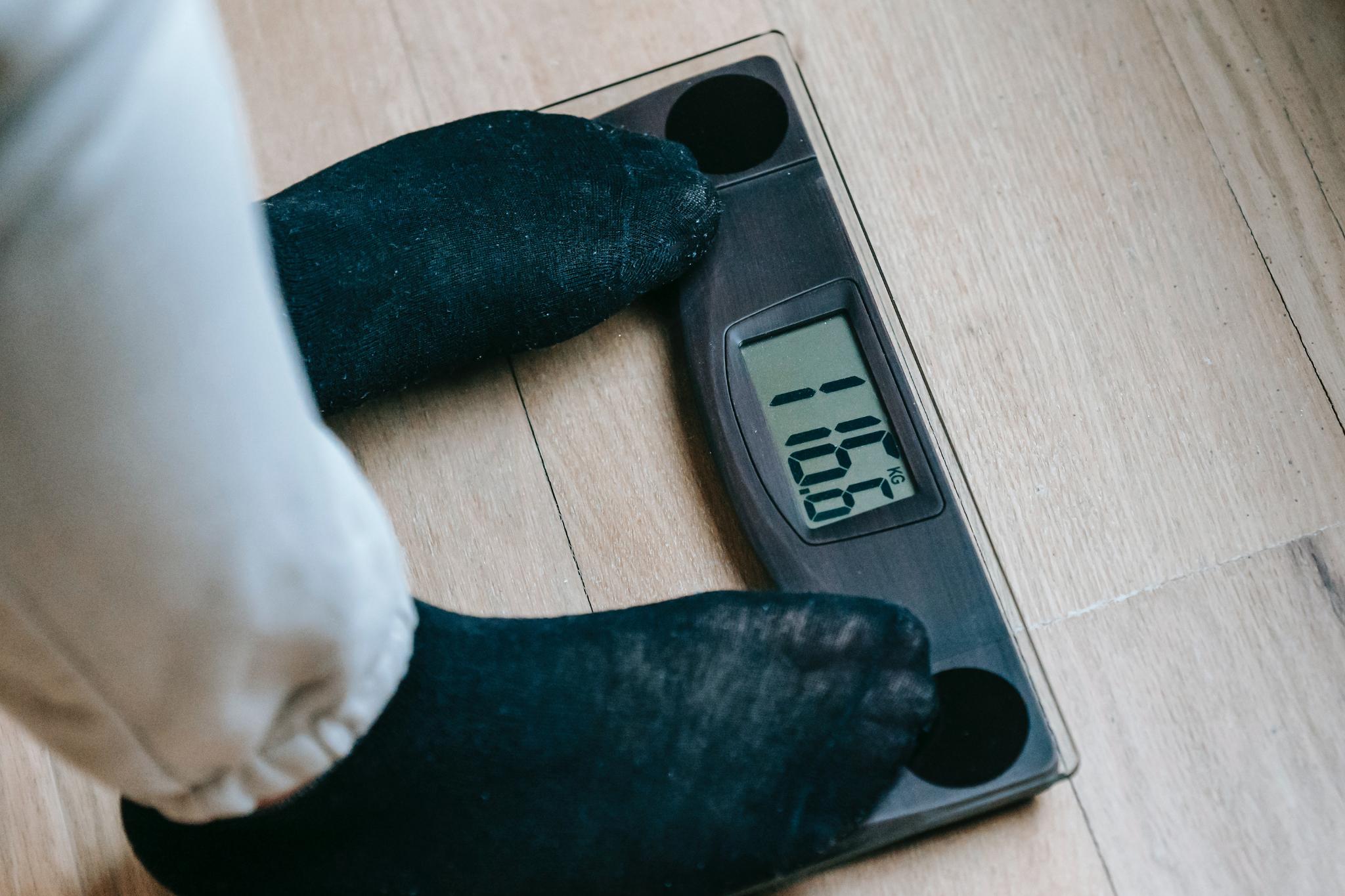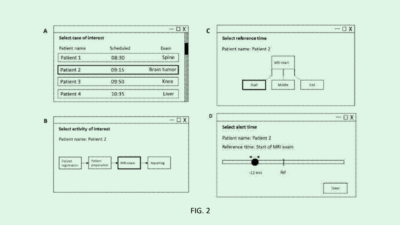The Anti-obesity Drug Market Is About to Get More Crowded
The weight loss drug market could be worth $100 billion in the next few years. Naturally, other companies want in.

Sign up for smart news, insights, and analysis on the biggest financial stories of the day.
Obesity is an epidemic that affects more than 40% of all American adults, and it’s creating a feeding frenzy for investors.
With the rise of obesity-fighting medications from pharmaceutical companies Eli Lilly and Novo Nordisk, the weight loss drug market could be worth $100 billion in the next few years. Naturally, other companies want in and investors are pivoting away from healthcare stocks that can’t match that growth potential.
Counting Calories (and Dollars)
Shedding pounds used to mean an endless search for the right diet and exercise regimen. New drugs like Monjouro, Wegovy, and Ozempic — the last of which is technically a diabetes medication — address weight loss on a hormonal level. They make you feel full and reduce appetite, essentially taking willpower — and exercise — out of the equation.
The results have been noteworthy: In a 68-week study, patients taking Novo’s Wegovy lost an average of 35 pounds, or about 15% of their body weight. Plus, the drugs’ popularity has been boosted by endorsements from Hollywood stars, TikTok influencers, and even Elon Musk, so demand has reached a fever pitch.
Novo and Lilly’s weight-loss duopoly has lifted the companies’ respective share prices surged 33% and 50% this year. But now a third challenger is looking to join the party:
- Thousand Oaks, California-based Amgen is expected to publish results from two anti-obesity drug studies in 2024, and the drug could enter the market in 2027. While the company would be playing catchup to Lilly and Novo, The Wall Street Journal reported that owning even a sliver of the potentially $100 billion weight loss drug market would be good news for the company and its investors.
- One thing setting Amgen’s drug apart is its once-monthly injection instead of the once-weekly that its competitors offer. The company also aims to have more than one obesity drug on the market. “We are trying to cover the waterfront, and we also think that this market could evolve into a combination market,” Murdo Gordon, Amgen’s executive vice president of global commercial operations, told the WSJ.
Out with Covid, In with Obesity: During the pandemic, Pfizer, Moderna, and Johnson & Johnson saw their stocks surge as the big three providers of covid vaccines. But investors have cooled on the trio, with covid entering an endemic phase, and Pfizer itself recently predicting only 24% of Americans would get a covid shot this year. J&J’s stock is down 12% this year, Pfizer’s ticker dropped 38%, and Moderna’s share price has plunged nearly 50%. Even with some nasty variants expected this fall and winter, there’ll be fewer covid jabs.











